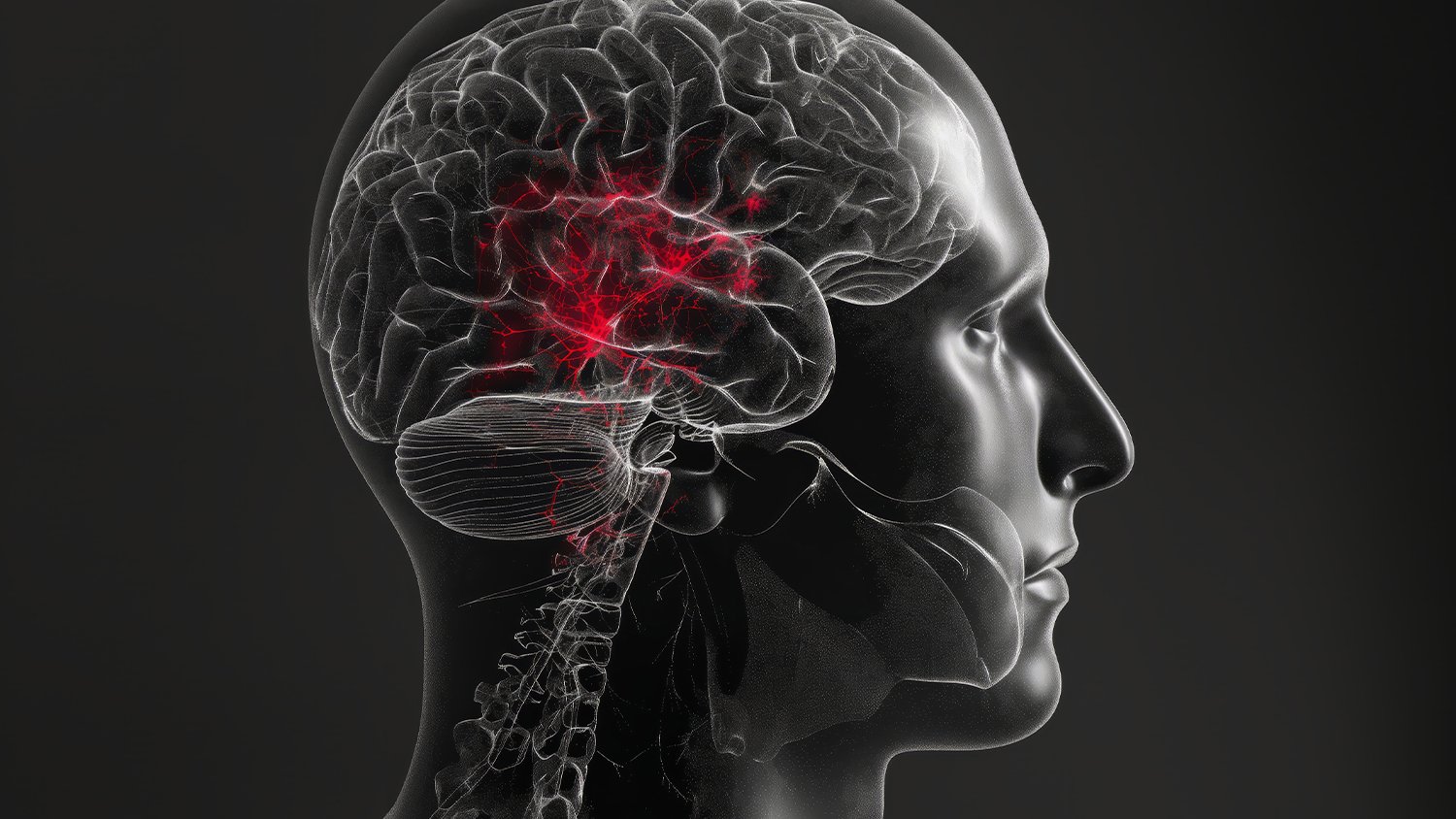The Importance of Early Diagnosis in Brain and Meningeal Infections
Infections of the brain and meninges can be caused by bacteria, viruses, or fungi, leading to conditions such as meningitis and encephalitis. Acute infections often cause symptoms like fever, headache, and confusion, and may require immediate medical attention. Chronic infections may develop slowly, leading to long-term neurological symptoms. Prompt diagnosis and treatment are crucial for reducing risks of brain damage and complications.
Frequently Asked Questions
What are the signs of meningitis?
Symptoms include fever, headache, stiff neck, and sensitivity to light.
How are brain infections treated?
Treatment depends on the cause but may include antibiotics, antivirals, or antifungal medications.
Are brain infections contagious?
Some brain infections, like meningitis, can be contagious, especially if caused by bacteria or viruses.
What causes encephalitis?
Encephalitis is usually caused by viral infections, such as the herpes simplex virus or mosquito-borne viruses.


